A ‘hub’ blueprint begins: City kicks off planning for new Resilience Hub downtown
| Published: 03-26-2024 4:22 PM |
NORTHAMPTON — On Monday evening, Edwards Church became the site of a more secular sermon on the necessity of a new center to confront the challenges of both climate change and income inequality in Northampton, problems architect Dorrie Brooks said are inextricably linked.
“We talk a lot about climate change, but what we often don’t talk about is the same system and the same thinking that created climate change for us and created this rapidly changing environment around us, also viewed as dispensable whole classes of people,” said Brooks, a Florence resident and a manager of the architectural firm Jones Whitsett Architects. “So we have to see the relationship of climate change and social equity together and talk about how we’re going to solve both of them at the same time. And the notion of resilience hubs is based on that idea.”
Brooks was one of several presenters at Monday’s meeting to offer residents a first glimpse at the planned Resilience Hub at 298 Main St., the site of the former First Baptist Church and located across the street from Edwards Church. The meeting was the first of three taking place this spring aimed at sharing updates and gathering community input on the development.
Once completed sometime in late 2025, the hub will act as a multipurpose center including as a shelter for the homeless population and during climate emergencies. It will also provide a regular meeting space and serve as headquarters to several community services.
The idea for the resilience hub began in 2016, when the City Council’s Committee on Community Resources commissioned a study and held public forums on how to improve the local economy. Finding that several downtown stakeholders held concerns about the city’s homeless population, then-mayor David Narkewicz created a task force to look into how to address the issue. That work resulted in a proposed hub that could address the homeless population’s needs as well as serve as an emergency shelter during climate-related crises.
“This is something that I have supported and believe in fully and have for many years,” said Mayor Gina-Louise Sciarra, who chaired the community resources committee in 2016. “I’m excited for the community to finally get to experience and appreciate 298 Main St. again after the 30 years that it’s been closed to the public.”
The building, first built at the turn of the 20th century as the second iteration of the First Baptist Church, closed down in 1993. It was purchased in 2005 by local real estate mogul Eric Suher, who had envisioned turning it into a banquet hall and performance center, before ultimately abandoning those plans. But several renovations that had taken place under Suher’s ownership, such as installation of an elevator shaft, the capacity for a commercial kitchen and proper insulation, made it an attractive option for the city to use for its planned resilience hub.
“This one really, really surprised us in the value of the building, both because of the historical significance of the building that has been sitting dormant for 30 years, but also because it met our downtown requirements,” Brooks said. “So when the city looked at that and all of these other criteria, they saw a very, very viable project.”
Article continues after...
Yesterday's Most Read Articles
The city established an option to purchase the property from Suher in December 2022, exercising that option the following summer. Jones Whitsett was hired to assess the existing conditions of the building as well as develop a schematic design for the resilience hub.
At Monday’s meeting, an estimated timeline for the completion of the project was also revealed. It shows design development for the project beginning this May and lasting until August, followed by a five-month period of creating construction documents and putting the project out to bid. The construction period for the project, to be completed in two phases, is currently estimated to last throughout all of 2025, finishing sometime near the end of the year.
Several community members who attended Monday’s meeting gave input on some of the current strengths of Northampton, how it can improve its approach to climate change and what they would like to see that would bring them to the resilience hub.
Residents cited the city’s overall walkability, arts scene and the home of Smith College as strengths, and noted concerns regarding flooding and a need for more solar panels. Residents also suggested programs like clinics for vaccines and filing taxes that the hub could provide that could draw residents to use the center.
The city has taken a coalition approach to the project, working with several organizations such as nonprofits Cooley Dickinson Hospital, Tapestry and Manna Community Kitchen. Alan Wolf, the mayor’s chief of staff, said in an interview the city would also seek grant programs to help fund the resilience hub.
“I would say we’re actively seeking [fundraising],” Wolf said. “One of the nice things about having a nonprofit partner is that they can access funding sources available to 501(c)(3)s, and the city can hopefully access those things.”
According to the city, 1% of the city’s roughly 30,000 people are considered homeless and unsheltered, with 15% living below the poverty line, rates that are higher than the state of Massachusetts as a whole. Around 40% of the city’s population is considered burdened by the cost of housing.
Monday’s meeting at Edwards Church was the first of three planned meetings the city intends to hold to discuss the Resilience Hub with the public. The second will take place on May 1, discussing the public health aspects of the resilience hub, and the third will be on June 5, discussing the integration of existing community services with the project.
Alexander MacDougall can be reached at amacdougall@gazettenet.com.

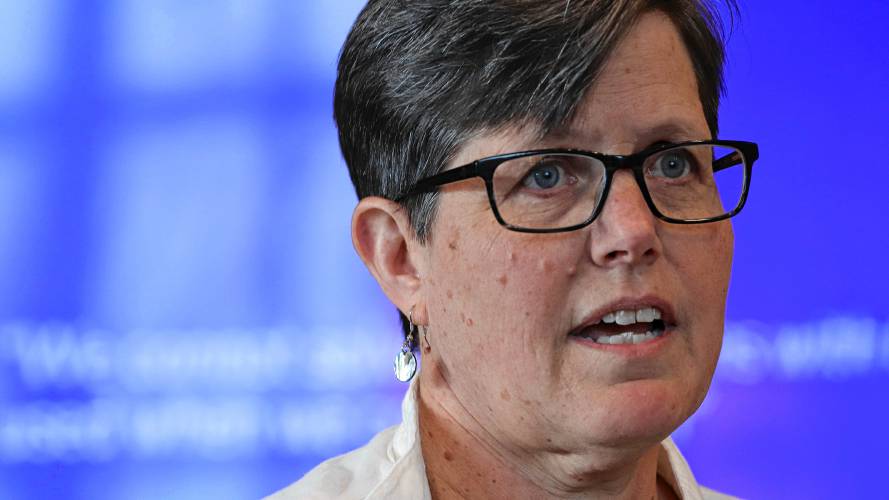
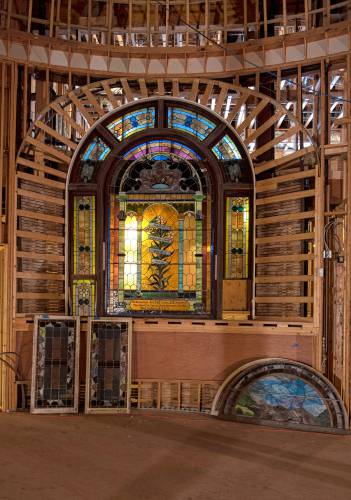
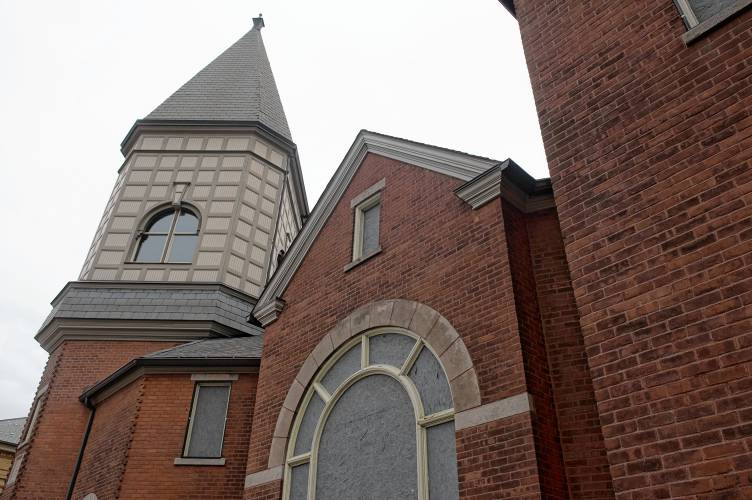
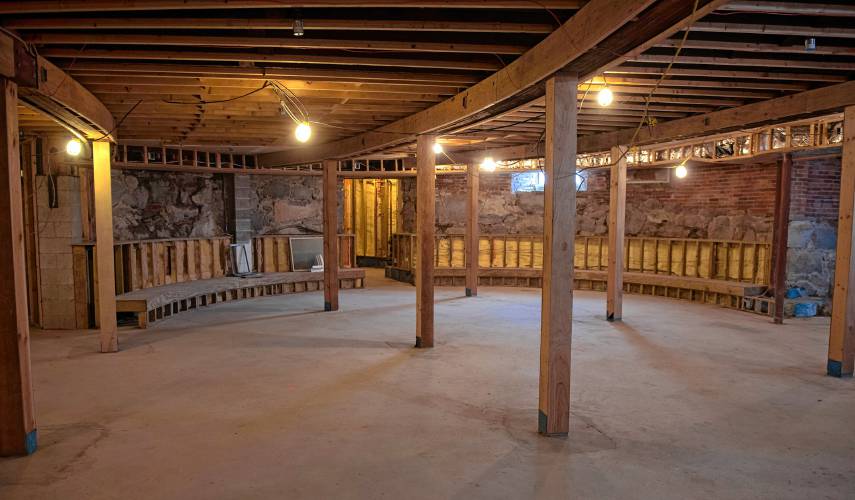
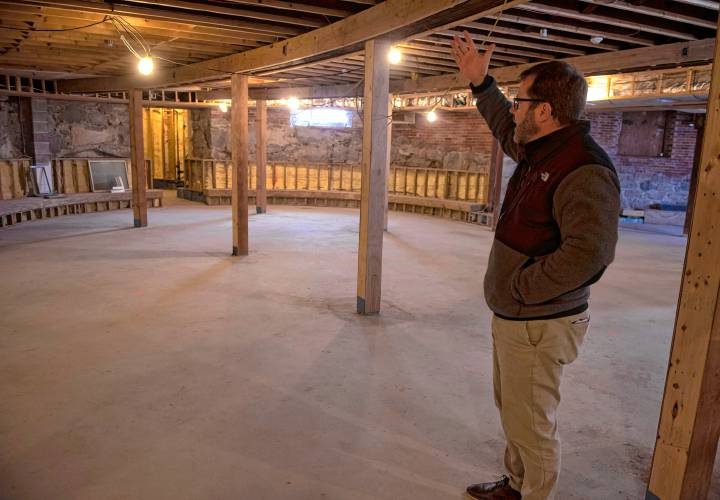
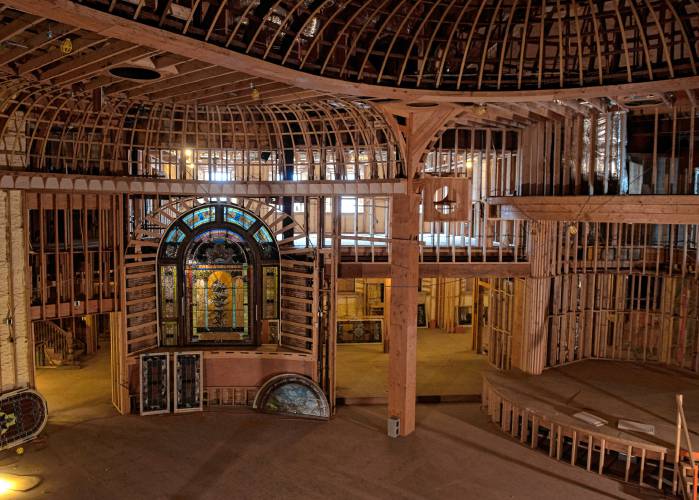
 Authorities ID victim in Greenfield slaying
Authorities ID victim in Greenfield slaying  Federal probe targets UMass response to anti-Arab incidents
Federal probe targets UMass response to anti-Arab incidents Locking up carbon for good: Easthampton inventor’s CO2 removal system turns biomass into biochar
Locking up carbon for good: Easthampton inventor’s CO2 removal system turns biomass into biochar William Strickland, a longtime civil rights activist, scholar and friend of Malcolm X, has died
William Strickland, a longtime civil rights activist, scholar and friend of Malcolm X, has died
